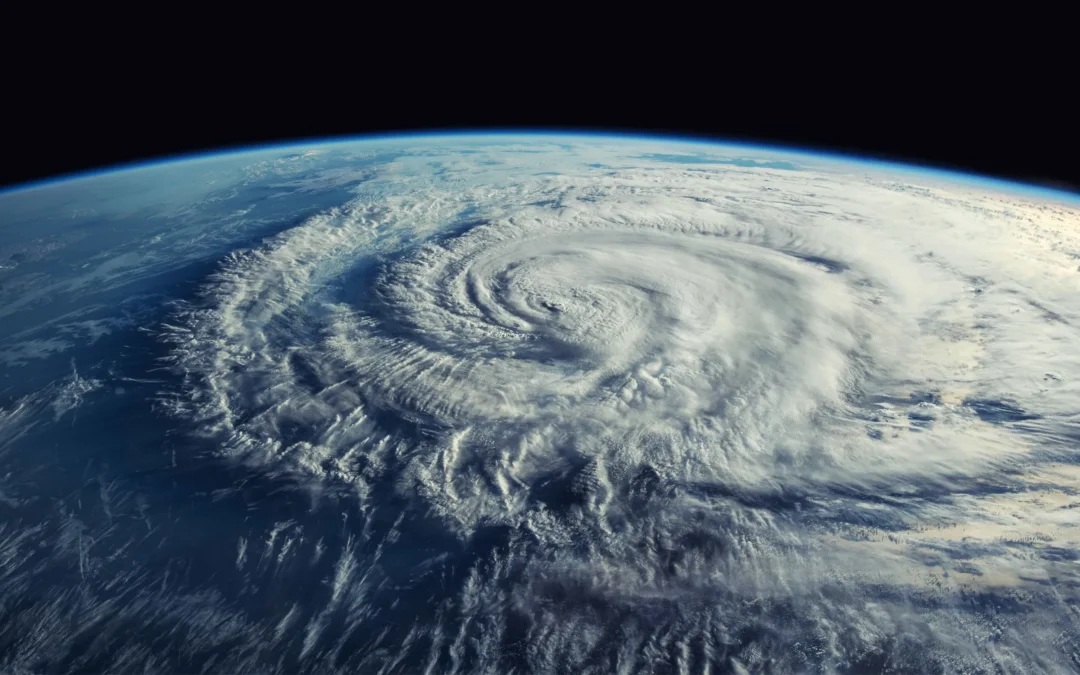Original article in Finnish by Johanna Kohvakka in Verdelehti
A recent climate report underscores the critical state of our planet. We are on the edge of a permanent crisis and time is running out. Climate scientists particularly highlight reducing the use of fossil fuels and methane emissions as the most important actions.
The 2024 climate report (Ripple et al. 2024) paints a bleak picture of the current state of the world. We are entering a new and unpredictable phase of the climate crisis, and it is clear to many scientists that we are already on the threshold of an irreversible catastrophe. The effects of climate change are global and increasingly pronounced, and its devastating consequences affect both people and other life on Earth.
Warnings ignored
For decades, the scientific community has alerted about climate change. More than 15,000 scientists issued a statement in 2020 warning of the devastating consequences of increasing greenhouse gas emissions and changes in ecosystems. However, despite the repeated reminders, the world is still moving in the wrong direction. In 2024, three of the hottest days in Earth’s history were recorded, and fossil fuel emissions have reached record highs. This development will lead to an increase in the global average temperature of up to 2.7°C by 2100, well above the internationally agreed target of 1.5°C.
Despite the fact that the effects of climate change have been accurately predicted decades before they fully manifest themselves, humanity has not been able to act quickly or effectively enough. Both researchers and oil companies have known about the danger for a long time, but the facts have not been taken seriously.
The effects of the climate crisis are escalating
Several new records were reached in 2023 and early 2024 that show how worrying the situation is. Ocean surface temperatures hit unprecedented levels, especially in the North Atlantic, and this warming trend persisted in 2024. Glaciers have retreated rapidly, and both Antarctica and Greenland have historically low ice masses. Daily average temperatures were also at record highs for nearly half of 2023.
The effects of the climate crisis are particularly visible in the form of extreme weather events and natural disasters. In 2024, different parts of the world experienced many disasters, at least partly caused by climate change. These included floods in the Persian Gulf, large-scale forest fires in Chile and extreme heatwaves in North Africa and Asia. The heat caused thousands of deaths, and temperatures of up to 50 degrees were recorded in India, for example. Climate change is intensifying the frequency and severity of heatwaves, storms, and floods.
Fossil fuels and deforestation accelerate climate change
In 2022, fossil fuel consumption and industrial processes accounted for nearly 90% of global greenhouse gas emissions. Despite a 15% increase in low-emission energy production, particularly from solar and wind power, fossil fuel use continued to rise in 2023. The growth in renewable energy has not been sufficient to replace carbon-based fuels; instead, it has merely kept pace with the overall rise in energy demand.
Deforestation is also a key driver of climate change. In 2023, global tree loss increased significantly, especially due to forest fires. The decline in forest cover reduces carbon sinks, further exacerbating climate change.
High enough price for carbon dioxide and methane emissions
The climate report highlights the urgency of climate action. Reducing the use of fossil fuels is one of the priority measures needed to limit greenhouse gas emissions. Reducing methane emissions, in particular, would also have a significant impact in the short term, as methane is a potent greenhouse gas but has a short retention period in the atmosphere compared to carbon dioxide. Therefore, reducing methane emissions could significantly slow down global warming in the coming years.
According to the report, a sufficiently high price for carbon dioxide and methane emissions would make it possible to bring emissions under control.
The report also stresses that the world needs radical changes in consumption patterns. Renewing food systems to support a more plant-based diet is also important to climate action.
The finite nature of natural resources means that bold and fundamental changes are needed to mitigate climate change. The report calls on societies to act quickly and decisively to limit the damage caused by climate change and ensure a habitable planet for future generations. The world is heading into crisis, and now is the last moment to turn the tide and work towards a more sustainable future.
Climate crisis as a justice issue
Climate change is not only an environmental crisis, but also a social justice issue. The wealthiest countries and people produce the most emissions, but the poorest and most vulnerable populations suffer the most from the consequences of climate change. This is particularly evident in the Global South, where the effects of climate change, such as drought, floods and extreme temperatures, can destroy livelihoods and cause great human suffering.
In climate action, it is important to take these inequalities into account and ensure that the measures are fair. Wealthier countries should support poorer countries in climate action such as reducing fossil fuel use and adapting to climate change. In addition, many religious and social leaders have the opportunity to emphasize the moral imperative of climate action and build broad-based alliances to combat climate change.
Climate change requires immediate radical action
The 2024 climate report is an alarming reminder of how critical a situation we find ourselves in. Climate change is no longer a threat to the future, but a reality of today, and its effects are felt all over the world. The scientific community agrees that radical action is necessary to limit the damage and ensure a viable future. We still have the opportunity to act, but time is running out. Each delay increases the risk that a tipping point will be reached and irreversible changes in climate will begin to dominate life on Earth.

